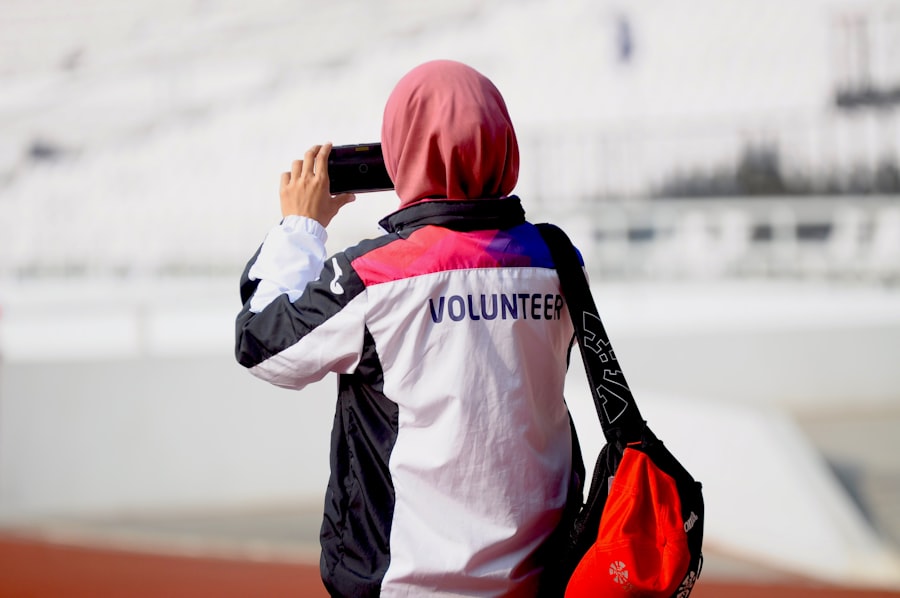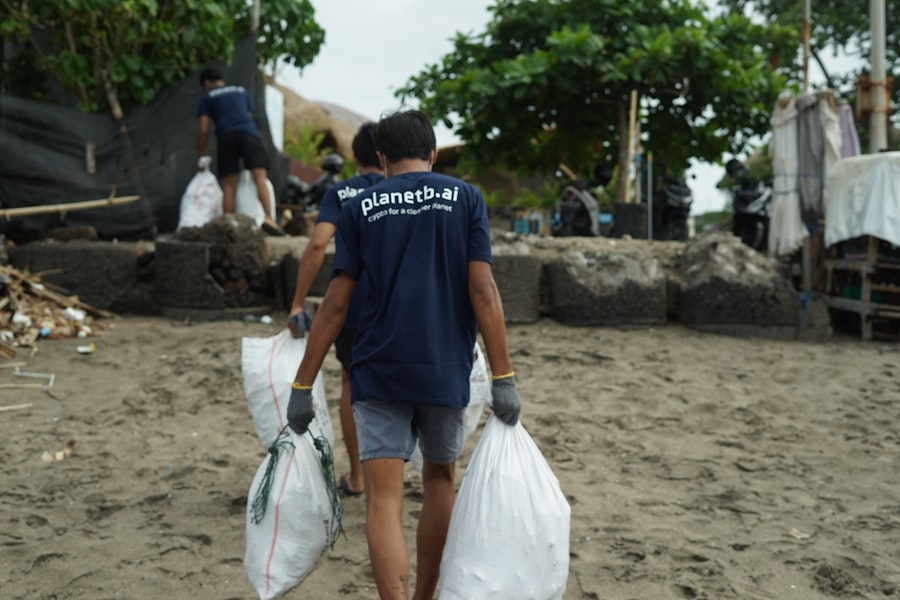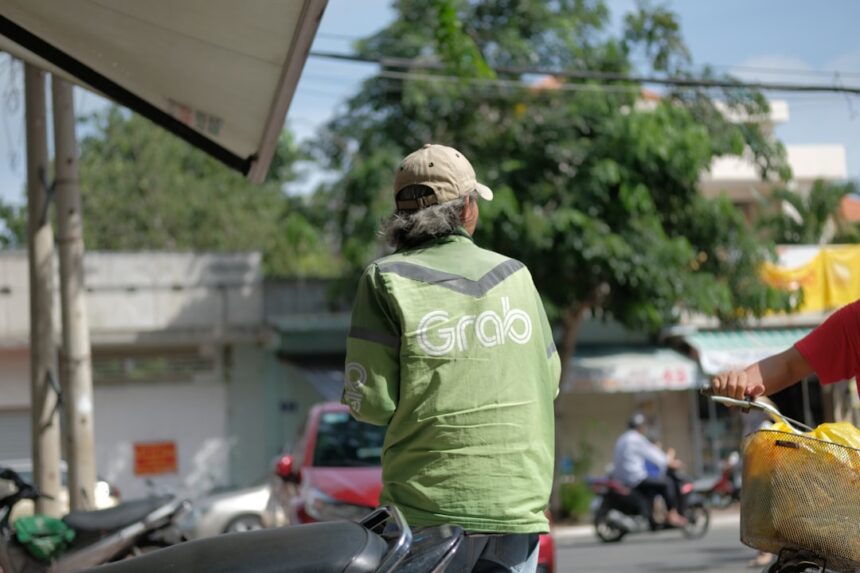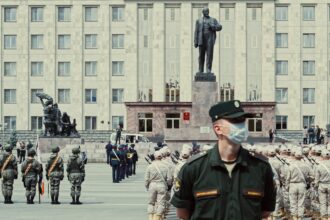In recent years, the Russian military has increasingly turned to volunteer aid as a crucial component of its operational capabilities. This shift reflects not only the evolving nature of warfare but also the socio-political landscape within Russia itself. As the military faces various challenges, including budget constraints and logistical difficulties, the infusion of volunteer support has become a lifeline, enabling the armed forces to maintain their effectiveness in various theaters of operation.
The reliance on civilian contributions has sparked discussions about the implications for military strategy, national security, and the relationship between the state and its citizens. The phenomenon of volunteer aid is not merely a stopgap measure; it represents a significant transformation in how military operations are supported. Volunteers, often motivated by patriotism or a sense of duty, have stepped in to fill gaps that the state may struggle to address.
This growing reliance on civilian assistance raises questions about the sustainability of such support and its impact on the overall structure of the Russian military. As the situation evolves, understanding the historical context and current dynamics of volunteer aid becomes essential for grasping its significance in contemporary military operations.
Key Takeaways
- The Russian military has increasingly relied on volunteer aid to support its operations.
- Historical background shows a long tradition of volunteer aid in the Russian military, dating back to World War I.
- The current state of the Russian military highlights the need for volunteer aid to supplement resources and support operations.
- Volunteer aid plays a crucial role in providing additional resources, equipment, and support to the Russian military.
- Types of volunteer aid provided to the Russian military include medical supplies, equipment, and logistical support.
Historical Background of the Russian Military and Volunteer Aid
The relationship between the Russian military and volunteer aid has deep historical roots, tracing back to various conflicts where civilian support played a pivotal role. During the Great Patriotic War, for instance, ordinary citizens mobilized to provide essential supplies and support to soldiers on the front lines. This spirit of volunteerism became ingrained in the national consciousness, fostering a sense of unity and shared purpose among the populace.
Over time, this historical precedent laid the groundwork for contemporary volunteer initiatives that seek to bolster military efforts. In more recent history, particularly following the dissolution of the Soviet Union, the Russian military underwent significant transformations. The transition from a conscript-based army to a more professional force brought about new challenges, including issues related to funding and resource allocation.
As the military sought to modernize and adapt to new threats, it became increasingly reliant on civilian contributions. This historical trajectory highlights how volunteer aid has evolved from a wartime necessity to a strategic asset in peacetime operations, reflecting broader societal changes and shifting perceptions of military service.
Current State of the Russian Military and its Need for Volunteer Aid

Today, the Russian military finds itself at a crossroads, grappling with both internal and external pressures that necessitate a reevaluation of its operational strategies. The ongoing conflict in Ukraine has underscored the need for enhanced capabilities and resources, prompting a renewed focus on volunteer aid as a means of supplementing military efforts.
The current state of the Russian military is characterized by a duality: while it possesses advanced technology and a well-trained professional force, it also faces significant hurdles that hinder its operational effectiveness. The need for volunteer aid has become more pronounced as soldiers on the ground require not only basic supplies but also specialized equipment that may not be readily available through official channels. This reliance on volunteers reflects a broader trend within modern militaries worldwide, where non-state actors increasingly play a role in supporting national defense efforts.
Role of Volunteer Aid in Supporting the Russian Military
| Metrics | Data |
|---|---|
| Number of volunteer aid organizations | 15 |
| Amount of humanitarian aid provided | 500 tons |
| Number of volunteers involved | 1000 |
| Types of aid provided | Food, medical supplies, clothing |
Volunteer aid plays a multifaceted role in supporting the Russian military, serving as both a supplement to official resources and a means of fostering community engagement. Volunteers often mobilize to provide essential supplies such as food, clothing, medical equipment, and even technological support. This grassroots initiative not only addresses immediate needs but also cultivates a sense of solidarity among citizens who feel compelled to contribute to their nation’s defense.
Moreover, volunteer aid has become instrumental in enhancing morale among troops. Knowing that civilians are actively supporting their efforts can boost soldiers’ spirits and reinforce their commitment to their mission. This psychological aspect is particularly important in prolonged conflicts where fatigue and uncertainty can take a toll on personnel.
By bridging the gap between the military and society, volunteer aid fosters a sense of shared responsibility for national security, reinforcing the idea that defense is not solely the purview of professional soldiers but a collective endeavor.
Types of Volunteer Aid Provided to the Russian Military
The types of volunteer aid provided to the Russian military are diverse and reflect the varying needs of troops on the ground. One prominent form of assistance comes in the shape of logistical support, where volunteers organize supply drives to collect essential items such as food rations, clothing, and hygiene products. These initiatives often involve local communities rallying together to ensure that soldiers receive adequate provisions during deployments.
In addition to logistical support, volunteers also contribute specialized skills that enhance military capabilities. For instance, some individuals with technical expertise offer their services in areas such as communications or medical assistance. This type of aid can be particularly valuable in situations where official military resources are stretched thin or when rapid responses are required.
By leveraging civilian expertise, the Russian military can adapt more effectively to evolving challenges on the battlefield.
Challenges and Limitations of the Russian Military’s Reliance on Volunteer Aid

Despite its benefits, the reliance on volunteer aid presents several challenges and limitations for the Russian military. One significant concern is the potential for inconsistency in the quality and reliability of supplies provided by volunteers. While many individuals are motivated by genuine patriotism, there is no formal oversight mechanism to ensure that contributions meet specific standards or address actual needs on the front lines.
This lack of coordination can lead to mismatches between what is sent and what is required. Additionally, there are logistical hurdles associated with integrating volunteer aid into military operations.
The military must navigate these challenges while maintaining operational security and efficiency. As such, while volunteer aid can be a valuable resource, it is not without its complications and requires careful management to maximize its effectiveness.
Impact of Volunteer Aid on the Effectiveness of the Russian Military
The impact of volunteer aid on the effectiveness of the Russian military is multifaceted and can be observed across various dimensions of military operations. On one hand, volunteer contributions can significantly enhance logistical capabilities by providing essential supplies that may otherwise be lacking due to budgetary constraints or supply chain disruptions. This additional support can improve soldiers’ living conditions and overall readiness for combat.
On the other hand, there are potential drawbacks associated with an overreliance on civilian contributions. If volunteer aid becomes a primary source of support rather than a supplementary resource, it may inadvertently undermine official military logistics and planning processes. The military must strike a delicate balance between leveraging civilian assistance and ensuring that it maintains control over its operational capabilities.
Ultimately, while volunteer aid can bolster effectiveness in certain areas, it should not replace systematic planning and resource allocation within the military structure.
International Response to the Russian Military’s Growing Reliance on Volunteer Aid
The international response to Russia’s growing reliance on volunteer aid has been varied and complex. Some nations view this trend as indicative of broader weaknesses within Russia’s military structure, suggesting that an overdependence on civilian support may signal underlying issues related to funding or strategic planning. Observers from outside Russia have raised concerns about how this reliance could affect regional stability and security dynamics.
Conversely, there are those who see volunteer aid as a reflection of civic engagement and patriotism within Russia. Some international organizations have expressed interest in understanding how civilian contributions can play a role in conflict resolution and peacebuilding efforts. This dual perspective highlights how volunteer aid can be interpreted differently depending on one’s geopolitical stance or ideological beliefs regarding Russia’s actions on the global stage.
Future Prospects for the Russian Military’s Use of Volunteer Aid
Looking ahead, the future prospects for the Russian military’s use of volunteer aid appear to be shaped by several factors, including ongoing conflicts, economic conditions, and societal attitudes toward military service. As long as budgetary constraints persist and operational demands remain high, it is likely that volunteer contributions will continue to play an essential role in supporting military efforts. However, this reliance may also prompt discussions about reforming military logistics and resource allocation strategies.
Moreover, as technology continues to evolve, there may be opportunities for volunteers to contribute in new ways that leverage digital platforms or innovative solutions. For instance, crowdfunding initiatives could emerge as a means for civilians to directly support specific projects or needs within the military framework. The adaptability of volunteer aid will be crucial in determining how effectively it can meet future challenges faced by the Russian armed forces.
Ethical and Legal Considerations of Volunteer Aid in the Russian Military
The ethical and legal considerations surrounding volunteer aid in the Russian military are complex and multifaceted. On one hand, civilian contributions can be seen as an expression of patriotism and civic duty; however, they also raise questions about accountability and oversight. Without formal mechanisms in place to regulate volunteer activities, there is potential for misuse or misallocation of resources intended for military support.
Additionally, there are legal implications related to how volunteer aid is organized and distributed within conflict zones. Issues such as compliance with international humanitarian law come into play when considering how civilian contributions intersect with military operations. Ensuring that volunteer efforts align with legal frameworks is essential for maintaining legitimacy both domestically and internationally.
The Significance of Volunteer Aid for the Russian Military’s Operations
In conclusion, volunteer aid has emerged as a significant factor in supporting the operations of the Russian military amidst evolving challenges and constraints. This reliance reflects historical precedents while also highlighting contemporary dynamics within society that encourage civic engagement in national defense efforts. While volunteer contributions can enhance logistical capabilities and bolster troop morale, they also present challenges related to quality control and integration into official military structures.
As Russia navigates its complex geopolitical landscape, understanding the implications of this growing reliance on volunteer aid will be crucial for assessing future military effectiveness and operational strategies. Ultimately, while volunteer support serves as an important resource for addressing immediate needs, it should complement rather than replace systematic planning within the military framework. The interplay between state institutions and civilian contributions will continue to shape Russia’s approach to national defense in an increasingly interconnected world.
In recent years, the Russian military has increasingly relied on volunteer aid to support its operations, a trend that has been observed and analyzed by various military experts. This reliance on volunteer contributions has raised questions about the sustainability and efficiency of such support systems in modern warfare. An insightful article discussing this phenomenon can be found on In The War Room, which delves into the implications of this dependency and how it affects military logistics and morale. For a deeper understanding of this topic, you can read the full article here.
WATCH NOW! 🎖️ Plot Twist: Russia’s Military Is Being Eaten Alive By Its Own Corruption
FAQs
What is the Russian military’s reliance on volunteer aid?
The Russian military’s reliance on volunteer aid refers to the practice of accepting assistance from civilian volunteers to support various aspects of military operations, including providing supplies, equipment, and other forms of aid.
What types of aid do volunteers provide to the Russian military?
Volunteers provide a wide range of aid to the Russian military, including medical supplies, food, clothing, equipment, and other essential items needed for military operations.
Why does the Russian military rely on volunteer aid?
The Russian military relies on volunteer aid to supplement its resources and support its operations, especially in areas where government funding and resources may be limited.
Are there any specific requirements for individuals or organizations to provide volunteer aid to the Russian military?
The specific requirements for providing volunteer aid to the Russian military may vary, but generally, individuals or organizations may need to coordinate with military authorities and adhere to certain guidelines and regulations.
How does the Russian military coordinate with volunteer organizations for aid?
The Russian military may coordinate with volunteer organizations through established channels, such as government agencies, non-profit organizations, and other official channels to facilitate the provision of aid.
What are the benefits of volunteer aid for the Russian military?
The benefits of volunteer aid for the Russian military include supplementing resources, fostering community support, and enhancing the overall capabilities and effectiveness of military operations.




